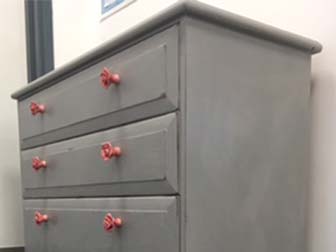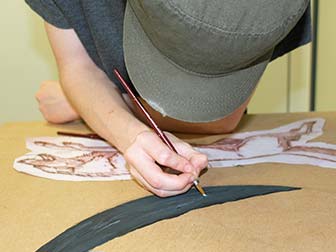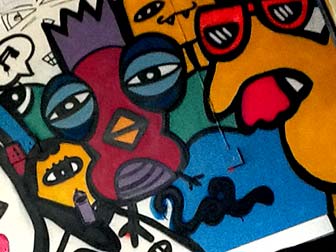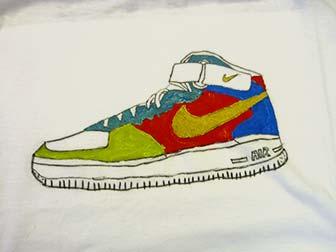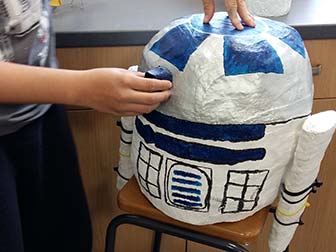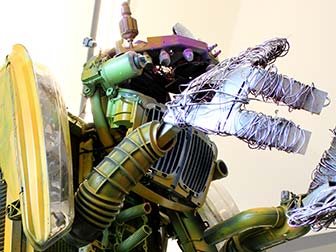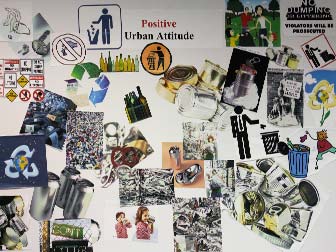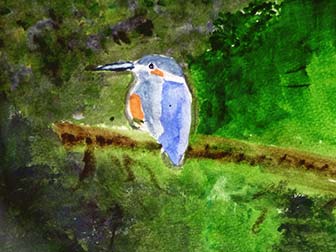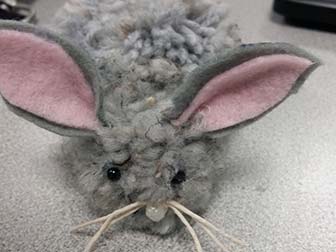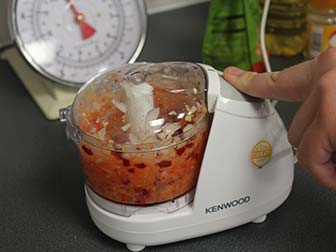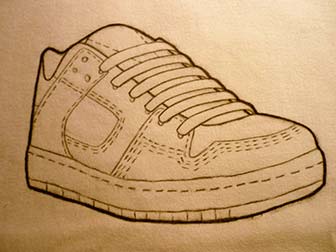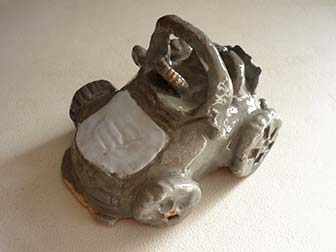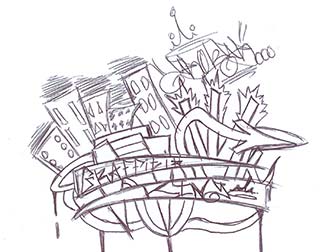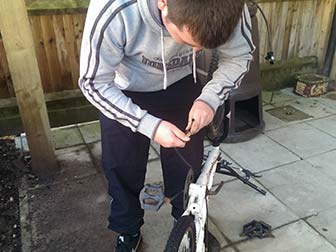Engaging Potential – How do we work?
EP offers a structured but flexible approach which uses 1:1 mentoring and tutoring by building individually tailored timetables to engage young people.
Student Annual Plans (SAPs) are developed through discussion and agreement between the young person, the tutor and the mentor. It is important that the young person has a sense of ownership and involvement in their learning and development for them to feel that they are ‘doing it’ rather than it being ‘done to them’. We recognise and address specific barriers to learning, and acknowledge areas of strength as well. The SAP is informed by targets set from the Statement of Educational Need (SEN) or the newer Education, Health and Care Plan (EHC). As such they are reviewed regularly. Any specific equipment, materials, or space will be made available to ensure the most suitable and effective delivery for each individual.
EP works towards a full timetable consisting of 25 hours or more but recognises the need to work at the young person’s pace. External organisations and individuals may be sourced to support our young people’s interests and needs: we recognise the importance of providing a wide and varied range of activities.
Mentoring and Tutoring
Mentoring is all about building positive relationships based on value, integrity and mutual respect. These relationships provide a safe environment for change giving young people and their families the time to build the confidence to make positive choices in their lives. Through dealing with the holistic needs of individuals and working on an action plan, a mentor can encourage a greater sense of self-esteem in the young person, which can help remove barriers to learning, raise aspirations which lead to more fulfilling lives.
Often the young people we work with experience emotional and behavioural difficulties and may have found it challenging fitting into a mainstream school environment. Some also find themselves drawn into anti-social behaviour and criminal activity.
Our mentoring is designed to develop key competencies and promote personal, social, health and economic wellbeing and offers a range of activities suitable to the needs, interests and abilities of the young person. These range from fishing to museum trips or visiting theme parks. These sessions have proven to be the most productive, rewarding and beneficial in terms of building self-esteem and positive relationships.
An integral part of tutoring at EP is about building relationships with the young people. We work alongside the mentors to find areas of interest that we can then design a personalised curriculum around, whether it be football, cooking, work skills- anything that provides a common point of contact.
With these topic areas in place, we can then focus on the core curriculum areas, on bringing literacy, numeracy and ICT skills up to a level determined not just by previous education assessment, but also by the individual’s motivation and engagement.
To this end, a set of accredited courses are offered, across the whole curriculum. All young people will have the opportunity to gain accreditation appropriate to their aspirations, from Entry Level through to level 1/2 Certification (GCSEs included).
Through mentoring and 1:1 tutoring we ‘meet them where they’re at’, build up trust over time until a point where we can engage them in positive activities and offer further opportunities which they may not otherwise have had. Our team work closely with the family and/or carers to actively engage their commitment to the young person’s achievements. We aim to build a consistent and reliable support network that has the needs of the young person at its heart: this we will offer regardless of circumstance.
Integrated Curriculum- other learning focuses
As young people are encouraged to develop and enrich their learning experiences, we aim to add to their individual programmes across other learning areas. The AQA Unit Award Scheme and ASDAN provides recognition and accreditation for personal progress where more formal accreditation does not reach.
The Youth Achievement Award Scheme promotes engagement by young people setting their own targets for a number of different challenges. These range, so far, from furniture ‘upcycling’ to cooking, arts and handling money projects.
Both the AQA Unit Award Scheme and the Youth Achievement Award Scheme provide a sound base of achievement for a CV that can be built on and afford a sense of accomplishment for the individual student.
Scientific
Increasing knowledge and understanding of the world around us is supported under a flexible science orientated curriculum, looking at the environment from various aspects (including using providers such as the Outdoor Academy and Upper Lodge Farm); linking biology and physics to sports science, healthy eating and energy; properties of materials to geology, food technology, art and design.
Creative and Aesthetic
Art is an integral part of the weekly timetable. We have a creative team who offer a range of skills. We also engage specialist artists to deliver workshops in animation, graffiti, sculpture, ceramics, photography and life/still drawing. A programme of film studies is available, which includes visits to cinemas. Young people may also access music based sessions, using DJ equipment and making their own music. There may also be opportunities to engage in film-making.
Physical Activity
Physical activity is also an important part of the weekly timetable. EP provides a variety of sporting activities delivered both internally and externally depending on need and interest. Activities are carried out on a 1:1 and/or small group basis and can include football, snooker, pool, fishing, bowling, water sports, baseball, cricket or swimming. These sessions are delivered by EP staff, external organisations and qualified instructors.
Technology
As well as ICT (which is regarded as a core subject at EP), we also encourage young people to have a go at Food Technology (building independent living skills) and Design Technology, where they have the opportunity to use basic tools and design simple toys or other items.
SMSCE
A programme of work covering each of the continents in turn provides the framework for our SMSCE (Spiritual, Moral, Social and Cultural Education) provision. Displays make reference to the areas under the spotlight, with cooking, geography units, arts and crafts, literacy and film studies raising awareness about different cultural and social aspects. We aim to help young people find out about their own and others’ place in a multi-cultural society.
Personal Development Aspects of this focus are covered under the PSHEE programme, but opportunities are also offered to learn about how we fit into wider society- rights and responsibilities, citizenship and a sense of community. Young people begin to learn about the world of work and are entered for Preparation for Working Life (AQA level1/2 certificate).
Outside speakers are brought in to deliver interactive workshops on drugs, alcohol, gang-related issues etc
Work Experience
EP works towards supporting every young person in a work experience placement. Placements provide positive experiential learning in a ‘real life setting’ that helps to challenge any negative perceptions held by either the young people or the employers, as well as fostering team working behaviours and increased aspirations. The work experience also allows the young person to apply and develop the skills and knowledge learned in the preparation for working life course.
Individual Timetable
EP employs a flexible approach to attendance in the initial stages, allowing the young person to settle back into education at their own pace and slowly build up to the long-term goal of 25 hours per week. In our experience this “settling in” period is invaluable – it ensures the young person is engaged, prepared and trusts EP staff.
An individual timetable is sent out on a weekly basis (posted or emailed), which is dictated by the agreed goals with the young person, CAP and TAC meetings (see meeting terms of reference).
EP sources external organisations and individuals to support our young people’s interests and needs. We recognise the importance of providing a wide and varied range of activities in order to foster continued engagement. These include:
- Newbury / Reading College – Taster Courses
- Upper Lodge Farm Project
- Outdoor Academy – Outbound Activities
- Path Hill – Outdoor Activities
- Community Furniture Project
- Trax – Motor Project
- Growing 2gether
- Art Therapy / Counselling
- Young Driver Programmes
- Art projects – Graffiti, Ceramics, Photography, Animation
- Music – Drumming, Singing
- The Edge – Drug and Alcohol Awareness
- Sports – Football, Fishing, Kickboxing, Gym
Transport
Transport arrangements are also detailed on the weekly timetable so the young person and their parent/carer are fully aware of times and places of where and when they are expected to be.









